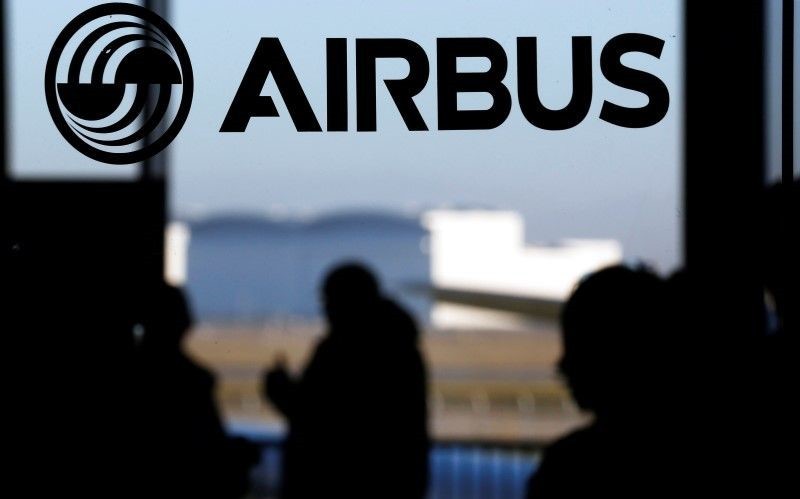
Image credit: Malay Mail
KUALA LUMPUR: Malaysia is poised to play a key role and lead the air travel recovery in Asean backed by the strong presence of low-cost carriers (LCCs), enabling more people to fly in the post-Covid-19.
Airbus SE sees encouraging demand for air travel and connection that would in turn draw airlines to resume operations and activities.
Airbus Asia-Pacific president Anand Stanley said demand for people to fly would be higher in the region as airlines would have a strong role to resume and meet the demand.
"This has a strong multiplier effect on trade and economic activities in the region," Stanley said at a press conference with the selected media today.
Airbus encouraged the reopening of borders especially at Asean level, once the domestic travel opens, he said.
"Therefore, regional traffic can start to recover quickly and followed by intercontinental or long-haul travel," he added.
Airbus recently expected medium-haul air travel to recover by 2023.
Stanley said Airbus would focus to work with its customers (airlines and suppliers) to allow them to be ready for the post-pandemic world.
"We provide solutions to our customers to be successful in the post-pandemic. Once our customers are successful and more people fly, we believe demand in air traffic will translate in demand in planes in post-pandemic world.
"We are prepared to resume growth post-pandemic. We are seeing activity pickup very quickly especially in certain countries such as China, India and the United States, which have already started to see a recovery," he said.
Stanley said Airbus would exert its commitment (industrial collaboration and procurement) to Malaysia in meeting the global industrial output in the post-pandemic world.
He said Malaysia was the third largest industrial hub in Asia Pacific after China and India for the airframe manufacturer.
There are currently about 300 Airbus aircraft in the fleets of airlines in Malaysia with some 80 Airbus helicopters in-service in military, civil and parapublic operations.
Malaysia is also the first operator of the all-new A400M transporter in the region.
Stanley said Airbus' local current activities and procurements were not at the pre-pandemic levels due restrictions brought by the pandemic. This had impacted its industrial operation globally.
Last year, he said Airbus had about a 40 per cent reduction in global production.
As of December 31 last year, Airbus delivered 566 units of commercial aircraft last year.
"We were already committed and invested in Malaysia. We will be going full force in the post pandemic not just to meet the industrial output but go beyond it. We would like to not just sustain it but also grows it beyond those pre-pandemic commitments and investments that we were making," he said.
Stanley said Airbus' commitment remained unchanged with its local partners, while affirming its intention to retain employments in Malaysia, which currently about 4,000 (direct and indirect).
"We have 14 local companies here producing aero structures, aviation parts and components for our complete range of civil aircraft and A400M military transport as well as helicopters", he said.
Airbus is the largest international partner for the Malaysian aerospace industry, with its sourcing and services businesses in the country now valued at some US$400 million per year for the local economy.
Stanley said Airbus had also strengthened its presence beyond local industrial partnerships with the establishment of several facilities in the country including an engineering centre and maintenance, repair and overhaul facility at Sepang and the regional hub for its helicopter business at Subang.
Source: https://www.nst.com.my/business/2021/04/680541/malaysia-lead-asean-air-travel-recovery-airbus

